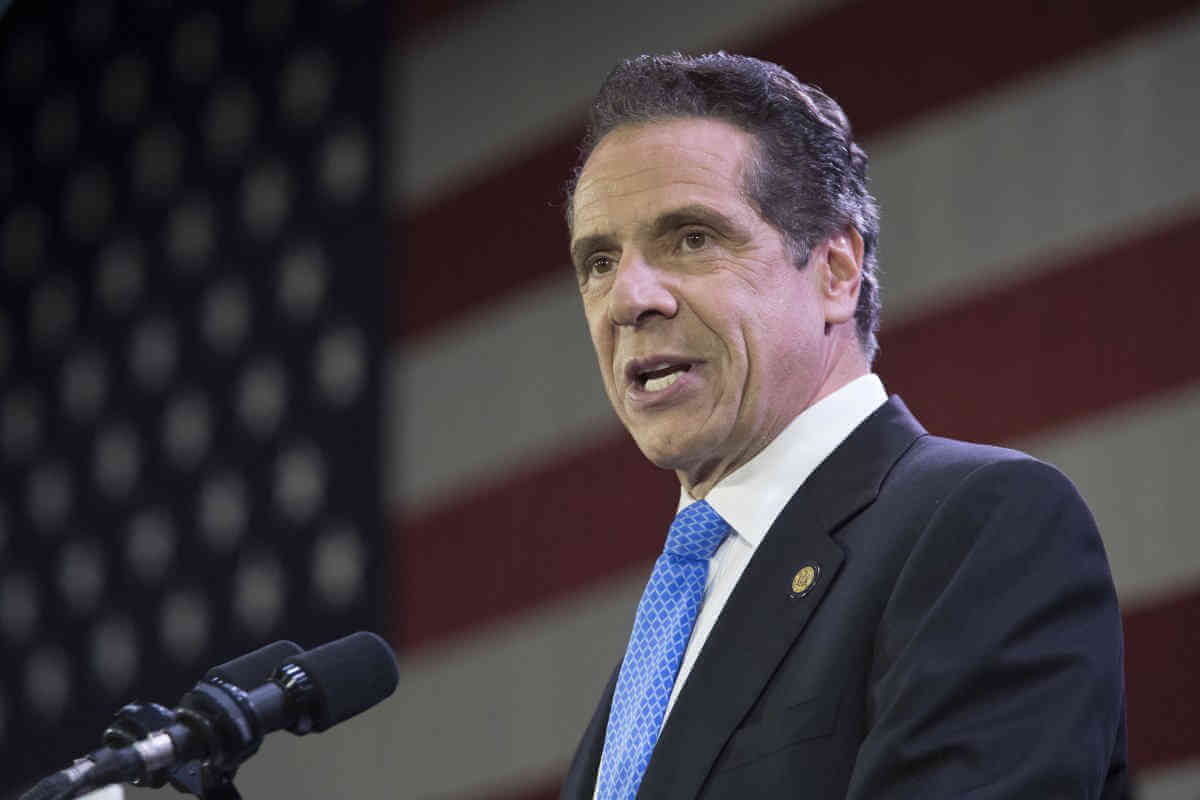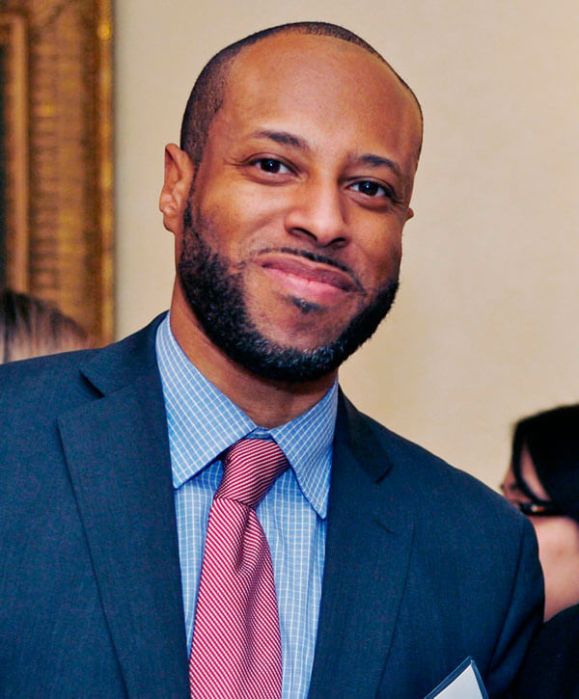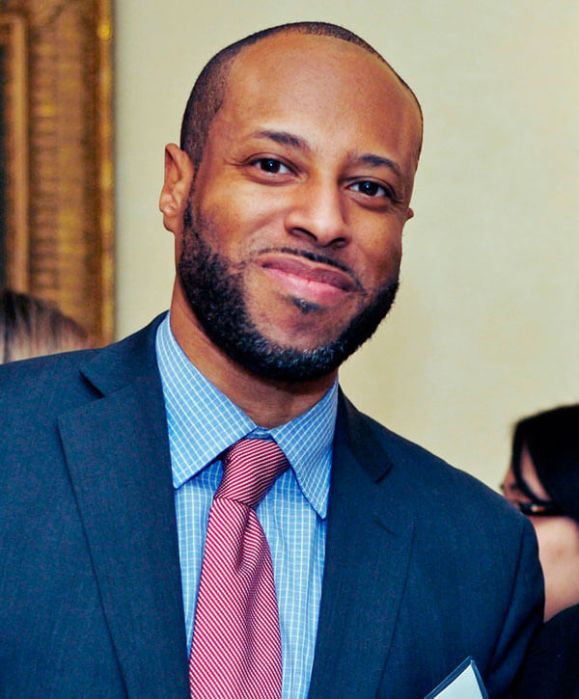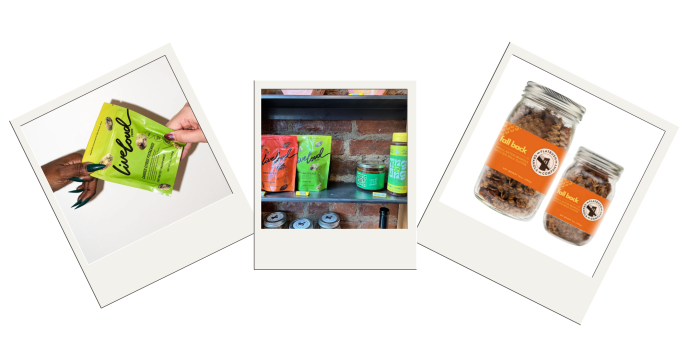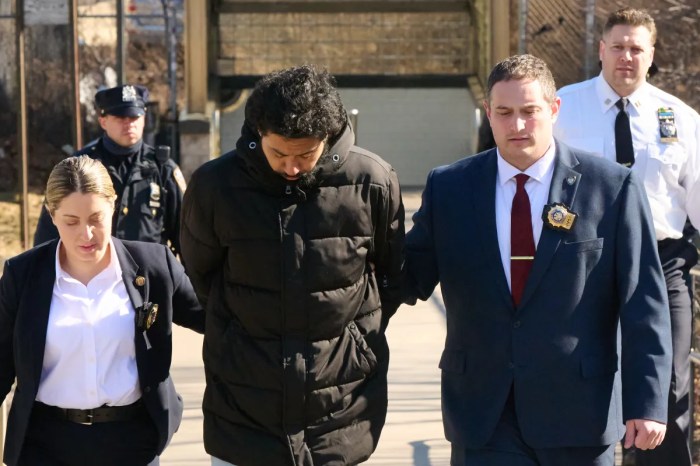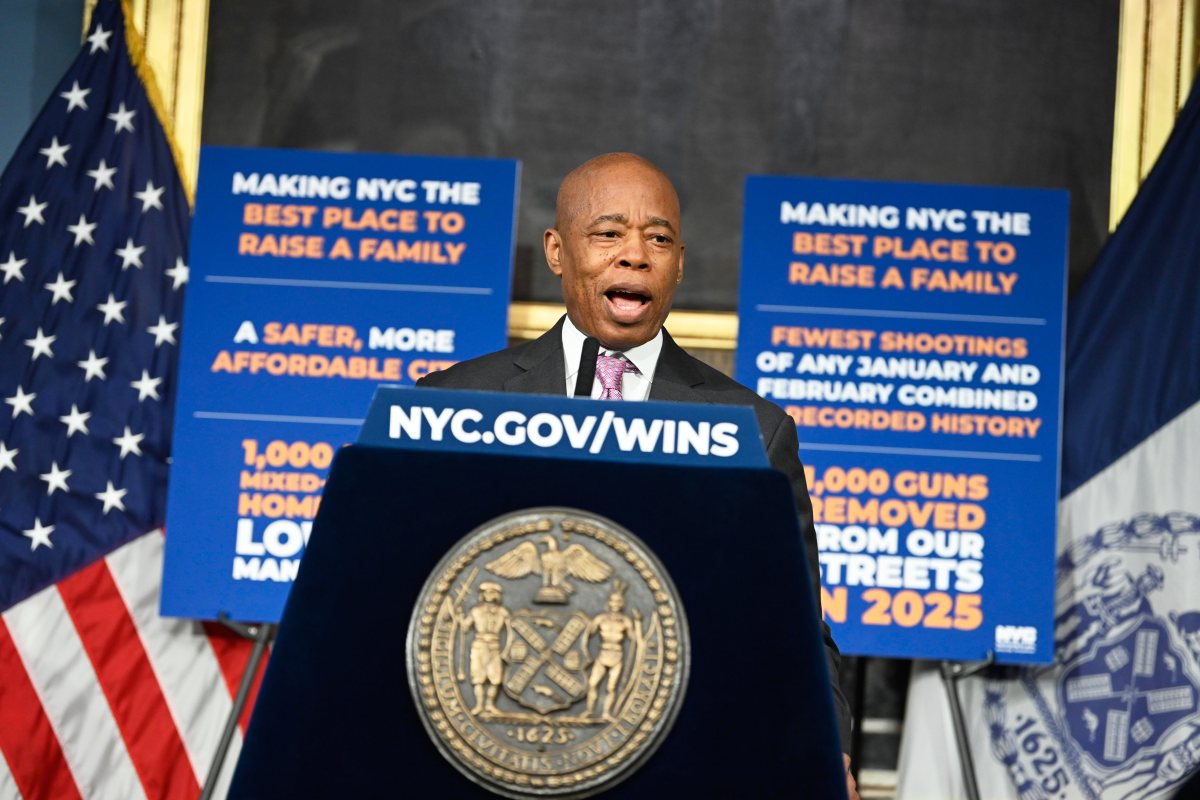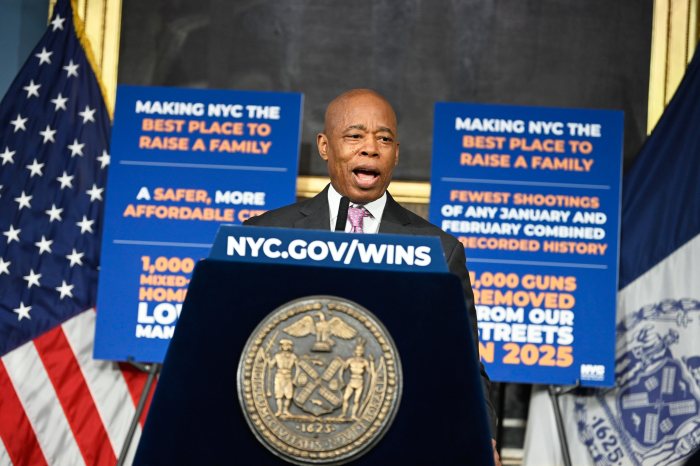With President Donald J. Trump and the federal government waging war against Caribbean and other immigrants, New York Gov. Andrew Cuomo has granted pardons to individuals convicted of minor offenses from deportation.
Cuomo said on Monday that he was granting clemency to 29 immigrants “who have demonstrated substantial evidence of rehabilitation and a commitment to community crime reduction.”
“While President Trump shuts down the federal government over his obsession with keeping immigrants out, New York stands strong in our support for immigrant communities,” said Cuomo in making the announcement. “These actions will help keep immigrant families together and take a critical step toward a more just, more fair and more compassionate New York.”
The governor said the pardons are in recognition of the immigrants’ “rehabilitative efforts and to remove the barriers that their criminal records present to their immigration status.
“Some are facing deportation, while others wish to be able to participate in their communities as citizens of the country they call home,” he said. “In each case, a pardon will make immigration-related relief possible, if not automatic.”
Cuomo said every recipient is in good standing, “having given back to their communities and families in a variety of ways, and having demonstrated a substantial period of crime-free, good citizenship.”
The governor said it was the fifth time that he has used his pardon authority to protect individuals facing potential deportation, including most recently in August, when he issued a pardon to an individual on the morning of his deportation hearing and in July when he issued pardons to seven other individuals.
Those granted pardons on Monday included six Dominican Republic nationals, five Jamaicans, and one Trinidadian, Haitian and Cuban.
The other nationalities are Colombia, Mexico, El Salvador, United Kingdom and Israel.
Cuomo said Jamaican Olive Ferguson, 75, was convicted of Attempted Criminal Sale of a Controlled Substance in the Third Degree in the Bronx in 1991.
“She has been crime-free ever since,” he said, adding that Ferguson is “an active member of her church. She has remained crime-free for 27 years. A pardon will minimize her risk of deportation.”
Jamaican Rohan Hylton, 47, was convicted of Attempted Criminal Sale of a Controlled Substance in the Third Degree in 1992 and Criminal Possession of Marijuana in the Fifth Degree in 2001 and 2003 – all in Queens County, the governor said.
He said Hylton came to the United States over 30 years ago with his family “to escape political persecution.
“As a father and dedicated family man, he now lives and works in Queens,” Cuomo said. “A pardon will allow him to apply for discretionary relief from his deportation order. He has not been convicted of any misdemeanors or felonies for 12 years.”
Cuomo said another Jamaican, Kerrone Kay-Marie Parks, 33, was convicted of Criminal Possession of a Controlled Substance in the Seventh Degree in Queens in 2013.
“She is a domestic violence survivor, a mother of three children on the honor roll, and currently volunteers full-time at a nursing home,” he said. “She has remained crime-free for five years.”
Jamaican Jeremy Grant, 58, was convicted of Criminal Sale of a Controlled Substance in the Third Degree in 2005, “when an individual in a group he was a member of sold drugs to an undercover cop and the entire group was convicted in Manhattan,” the New York governor said.
He said Grant “has been in prolonged removal proceedings since 2006,” and “has remained crime-free for 13 years.
“A pardon would remove the barriers to apply for a green card renewal, and prevent him from being deported and losing his access to necessary medical treatment,” Cuomo said.
He said Grant’s compatriot, Trevor Elliot, 67, was convicted of Criminal Sale and Attempted Criminal Sale of a Controlled Substance in the Third Degree and Criminal Sale of Marijuana in the Fourth Degree in the early 90s in Westchester County.
Cuomo said Elliot has worked at a nonprofit that provides social services for the youth and as an elder care provider.
“A pardon would allow Mr. Elliot to apply for citizenship,” he said. “He has maintained a crime-free lifestyle for 10 years.”
Trinidadian Anthony Khan, 66, was convicted of Criminal Possession of a Controlled Substance in the 7th Degree in 1980, when he accompanied an acquaintance to sell a controlled substance and was arrested as part of a sting operation in the Bronx.
Cuomo said Khan, who migrated to the United States in 1971, is “an active church goer and a husband and father, who has worked with the Taxi and Limousine Commission for 35 years.”
He has remained crime-free for 37 years, the governor said.
Haitian Reginald Castel, 45, was convicted of Assault in the First Degree in 1999, almost 20 years ago in Rochester, upstate New York.
Cuomo said Castel came to the United States at the age of 8.
He is married with four children and was deported without notice in September 2017, Cuomo said.
“A pardon will allow Mr. Castel to apply for re-entry to the United States and re-unite with his family,” he said. “He has remained crime free for 19 years.”
Cuban Ricardo Bernabeu, 59, was convicted of Criminal Possession of a Controlled Substance in the Third Degree in 1986 in Monroe County, New York.
Cuomo said Bernabeu now works as a mechanic in Florida, where he and his wife are raising their children.
The governor said Bernabeu has remained crime free for 32 years.
“A pardon will help defend him against the risk of removal proceedings,” he said.
Alisa Wellek, executive director of New York’s Immigrant Defense Project, said that in pardoning immigrant New Yorkers who face deportation, despite years of contributing to the community, Cuomo “has used a powerful tool to restore dignity to people for whom punishment will otherwise never end, simply because they were not born here.
“We look forward to continuing to work with the Governor’s office and our Immigrant Clemency Project to provide immigrant New Yorkers with a fighting chance to remain with their families in the face of Trump’s hateful agenda,” she said.
This summer, Cuomo announced a lawsuit challenging the Trump Administration’s policy of forced family separation on the US southern border.
To protect Caribbean and other immigrants from overly aggressive deportation tactics increasingly utilized by the US Immigration and Customs Enforcement (ICE) agency, the governor also issued executive orders to prohibit ICE arrests in New York state facilities without a warrant.
The executive orders also prohibit New York state agencies and officers from inquiring about individual’s immigration status, “unless required by law or necessary to determine eligibility for a benefit or service or disclosing information to federal immigration authorities for the purpose of civil enforcement.”


